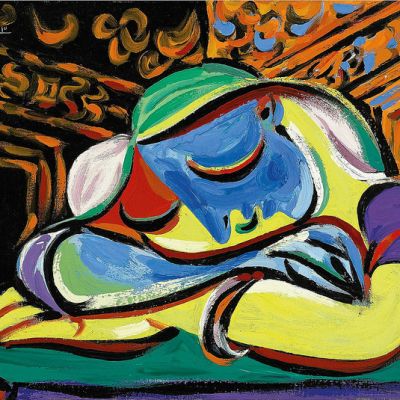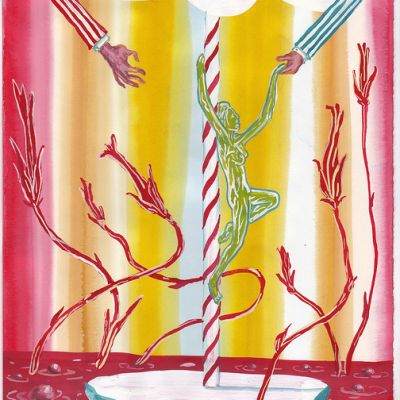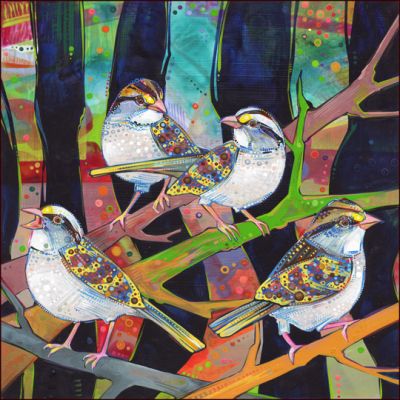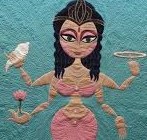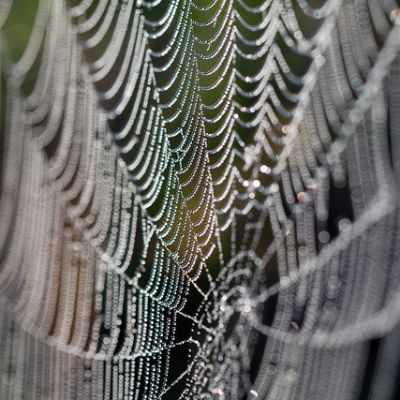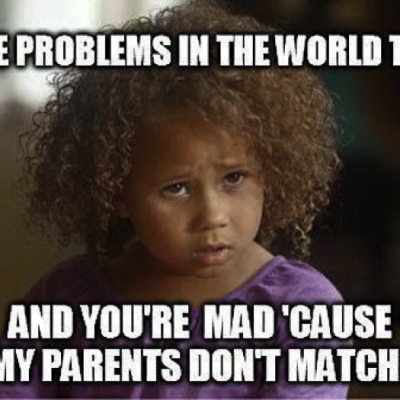Sexuality
After five months I received a call from Natasha telling me about the content of a WhatsApp chat that Raajveer was having with one of his male teachers. “He is missing his Sir and crying. He is very confused. He sent him roses on chat and reassuring messages saying that he will always be there with his Sir and will never leave him. We are very worried. My husband is not aware of this, and neither do I want to tell him about it. Please help him”, said Natasha over the phone.
As we move toward destigmatising the topic of sex for all genders, we should include the language of intimacy as we collectively create a new cultural grammar around sex.
What I can say is that I tried to be the best lover for a woman, and I am much obliged to the girls I dated then for trying with me.
ख्वाबों को बुनान और उसके साथ खेलना – एक अलग ही अहसास है। तुम राजा, तुम रंक। तुम लेखक तुम निर्देशक। तुम्हारा बस चलता है। हम सब के अंदर अलग ख्वाब भरे हुए हैं।
Desire is a man’s turf, right up there with moustaches and Adam’s apples / I’m the apple, I am the snake, I am Eve / I am the vibrator nestled between flimsy, cheap lace underwear / I am the shame, of saying I came
सेक्स या भावनात्मक जुड़ाव के लिए दोनों तरफ़ से जुड़ाव होना ज़रूरी है। विकलांगता के साथ जी रहे व्यक्ति को स्वाभाविक रूप से थोड़ा ज़्यादा देना होगा जिससे कि रिश्ता चल सके।
As if the challenges of parents bringing up adolescents in a world dominated by social media is not enough, the addition of teaching these parents to accept different sexual orientations and the fluidity of gender in a gender-binary world can be daunting.
Rama and Sita are no longer placeholders for chastity and virtue, but are human and they make excessive demands on each other, they are callous and take each other for granted all the time.
Is seeking wellbeing selfish and individualistic? Does it imply placing one’s own interests above those of others? In the context of sexuality, does it mean prioritising one’s pursuit and attainment of pleasure above all else?
The short film, “#Purana Pyaar”, by Gorilla Shorts, starring veteran actors Mohan Agashe and Lillette Dubey, evocatively highlights how age is no bar when it comes to love and desire.
Both of us, have recently, decided to get married and will be in a marriage that I like to call a subversive marriage. Subversive marriages are based on an uncompromising equality and negotiations that serve for the betterment of both the partners.
In an interview with TARSHI, Paromita Vohra tells it to us as only she can: frank, articulate and free of male cow poop!
Sashwati Banerjee is the Managing Director of Sesame Workshop in India. Ms. Banerjee leads the organisation in its mission to…
How does one negotiate the “delicate and complex” terrain of giving, receiving and respecting consent, and safely and effectively express sexual desire?
And so, in the mid-month issue we have Shweta Krishnan examining the place of political incorrectness in stand-up comedy, Rohini Banerjee talking about how fanfiction allowed her to delve into alternative worlds, and…

